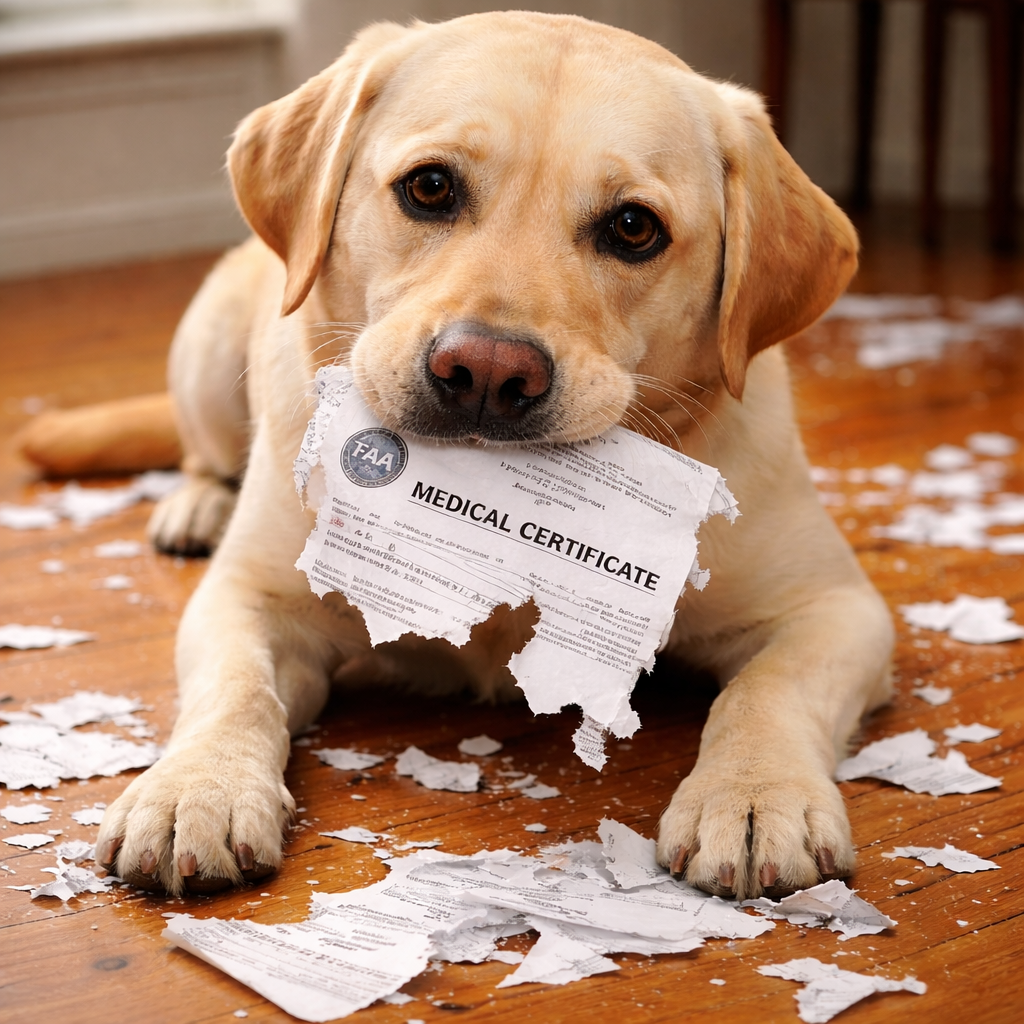VA disability ratings – The topic of VA ratings is always a popular one as servicemembers approach separation or retirement. Of all the questions I am frequently asked, I seldom hear anything about the “who” in disability ratings. Phrased more specifically, who at the VA is doing my rating? I took the time to figure this out and I’m going to share what I learned with you today.
Organizational Structure for Processing Disability Claims
Within the VA structure, there are three main administrations, Veterans Health Administration, Veteran Benefits Administration (VBA), and National Cemetery Administration [1]. The VBA is the organization that administers a large number of benefits programs including disability compensation. The specific section of the VBA which oversees the delivery of disability compensation is the Compensation Service. All that said, VA disability claims are processed at VA regional offices in a section called the Veterans Service Center (VSC).
Veterans Service Center
Veterans Service Centers manage and adjudicate claims, review evidence, and determine benefit eligibility. Let’s look at the typical organization of a Veterans Service Center.
- Veterans Service Center Manager (VSCM): The VSCM is overall in charge of the VSC. They are responsible for timely and accurate processing of disability claims. They answer to the Regional Office Assistant Director and Director.
- Coaches/Supervisors: This is the front-line supervisor within a VSC. They manage groups of employees within the VSC.
- Veterans Service Representative (VSR): This is the VSC’s customer service representative. Through emails, texts, and phone calls VSRs directly communicate with veterans. They answer questions and relay information from all other VSC staff members who need to communicate with veterans who are filing claims.
- Rating Veterans Service Representative (RVSR): This is who does the rating! RVSRs apply the Veterans Affairs Standard Ratings for Disability law to individual claims. We’ll talk more about RVSRs below.
- Quality Reviewer: A quality reviewer is tasked with checking the work of RVSRs to ensure it meets with regulatory requirements.
Rating Veterans Service Center Representative
An RSVR is a civilian employee of the federal government. RSVRs pay generally starts at GS-9 on the General Schedule payscale [2]. Experience qualifications for RSVRs include either a Master’s degree education or 12 months of federal service experience in gathering and requesting evidence to build service program case files and responding to claimant inquiries. A combination of some higher education and some on-the-job experience can also qualify applicants for the RSVR position. RSVRs can also be brought on at higher GS pay levels. Applicants with doctorate-level education and specialized experience can start at GS-11 while GS-12 is possible for those with additional qualifications.
The duty description for RSVRs on a current USAJobs posting is as follows [3]:
- Analyze claims to determine if diseases and/or injuries were incurred or aggravated by military service in the line of duty for purposes of compensation, treatment, or hospitalization.
- Determines service connection, percentage of disability, permanent and total disability, and entitlement to compensation, pension, burial, dependency indemnity compensation, special monthly compensation and vocational training, medical and dental treatment, automobiles, or other conveyances, insurance, specially adapted housing, dependent education allowances, and other ancillary benefits.
- Assures proper application of the Rating Schedule and other applicable instructions, and he or she is fully accountable for proper analysis, appropriate development, and final rating determinations.
- May directly communicate and interact with Veterans and their representatives/advocates to facilitate timely, proper decisions. As dictated by the circumstances of each case, the RVSR may conduct interviews or hearings in person or by telephone with Veterans, eligible individuals, representatives, and advocates to obtain or clarify information.
- Communicates with VSRs and other employees in the regional office, employees of VA medical centers, and other regional offices.
- Actively participates in meetings, assists with training, and is expected to lend his/her expertise in developing VSRs’ skills as they relate to evidence gathering for rating decisions.
- Performs other related duties as assigned.
A casual look via LinkedIn showed some characteristics of RVSRs.
| Highest Education | Medical Experience | Legal Experience | |
| RVSR 1 | Master of Education | Manager in Sleep Study Lab
Medical Assistant (5 years) |
Veterans Service Representative |
| RVSR 2 | Bachelor of Arts in Business Administration and Management | None | Military Police Administrator |
| RVSR 3 | Master of Library Science, Public Administration | Child Protective Services Investigator (2 years)
|
Drug Enforcement Agency (unspecified position) |
| RVSR 4 | Master of Social Work | Social Worker (2 years) | None |
| RSVR 5 | Bachelor of Arts in Paralegal Studies | Medical Administration only, no direct care. | None |
| RSVR 6 | Bachelor of Arts in Criminal Justice | None | Veterans Service Representative |
| RSVR 7 | Bachelor of Arts in Business Administration | None | Veterans Service Representative |
| RSVR 8 | 4 years of education, no degree listed | None | Veterans Service Representative |
| RSVR 9 | Master of Business Administration | None | Security Specialist in Military |
| RSVR 10 | Bachelor of Applied Science | None | None |
| RSVR 11 | Master of Science in Healthcare Administration | None | None |
| RSVR 12 | Master of Business Administration | None | None |
| RSVR 13 | Master of Arts in Public Leadership | None | None |
| RSVR 14 | Bachelor of Arts in Mass Communication | None | Veterans Service Representative |
| RSVR 15 | Master of Education | None | Veterans Service Representative |
| RSVR 16 | No Degree listed | None | Veterans Service Representative |
| RSVR 17 | Master of Arts in Healthcare Administration | None | None |
| RVSR 18 | Master of Social Work | Social Worker | None |
| RSVR 19 | High School | Hospital Corpsman | United Health Claims Supervisor |
| RSVR 20 | Doctorate of Education | None | None |
This small, nonstatistical, and nonscientific sample seems to hint at some trends.
- Non-STEM Degrees: The education of nearly every RVSR was outside of science, technology, engineering, and mathematics.
- Less than Doctorate Level: Most RSVRs had at least bachelor’s level education, but only one RSVR had a doctorate. It was in education.
- No Medical Experience or Training: Reading medical records is a big part of what RSVRs have to do, and only one RSVR had experience suggesting they may have had basic training in understanding medical terminology, the Naval Hospital Corpsman.
- Insubstantial Legal Training: RSVRs have to take medical records and apply federal laws to make disability determinations. There was one RVSR with a Paralegal degree, but this was an exception. For the most part, the RSVRs had no legal education or experience. If they did have experience it was “homegrown” by the VA as a VSR.
- Short Durations as RVSR: Not tabulated above is the average duration of employment as an RVSR. On average the RSVRs profiles I looked at had less than 2 years on the job. From looking at their LinkedIn profiles, the RSVRs were often on their 3rd or 4th career track. There were notable exceptions with 4 RSVRs having more than 5 years of experience.
- Internal Promotion: Most RSVRs were previous VA employees as VSRs or other VA-related jobs. They all seemed to seek additional internal promotion to Senior RVSR, Coach, or Veterans Service Center Manager
- Veteran Status, Not Retirees: Nearly 75% of the RSVRs were previously military veterans who transitioned to working for the VA after getting out of the military with less than 20 years (not eligible for retirement).
The Bottom Line
So the answer to the question, “Who is doing my VA disability ratings anyway?” can be answered this way:
The Department of Veterans Affairs, Veterans Benefits Administration through VA Regional Offices which contain Veterans Service Centers employs Rating Veteran Service Representatives to do your claims.
Based on my admittedly non-scientific analysis, RSVRs seem to be career-minded VA employees with prior military service who occupy their RSVR positions for relatively short periods.
They generally do not have professional degrees or formal medical or legal training and experience. Since they are managing a critical component that can impact your FAA medical certificate, you should make sure they have the best information possible.
References
[1] “VA Functional Organizational Manual, version 7.” Office of Enterprise Integration, Office of Policy and Interagency Collaboration (008D), 2021. Accessed: Sep. 17, 2023. [Online]. Available: https://department.va.gov/wp-content/uploads/2022/09/2021-va-functional-organization-manual-volume-one-administrations.pdf
[2] “Colvin v. Derwinski, Mar 8, 1991, 1 Vet.App. 171 (1991).” https://www.knowva.ebenefits.va.gov/system/templates/selfservice/va_ssnew/help/customer/locale/en-US/portal/554400000001018/content/554400000097203/Colvin-v-Derwinski-Mar-8-1991-1-VetApp-171-1991 (accessed Sep. 17, 2023).
[3] “Veterans Service Representative (Rating),” USAJOBS. https://www.usajobs.gov:443/GetJob/ViewDetails/644110700 (accessed Sep. 17, 2023).
Follow us on Facebook.com/wingmanmed
Also, see Disqualifying conditions heart valve replacement





